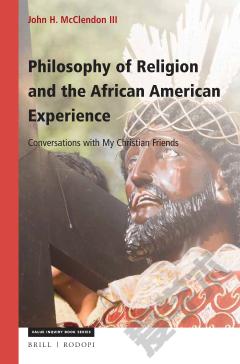The Dynamics and Contradictions of Evangelisation in Africa: An Essay on the Kom Experience
This book critically discusses missionary Christianity and colonization in Africa as twin enterprises with a common ambition. While the colonialist set out to invest capital and reap profit, the missionary desire was to tend and turn African souls from damnation. It was this desire that drove the missionaries into the interior, propelled by the belief that no land was too remote to escape their attention and vigilance. It equally kept missionary zeal buoyant. The clarification of the concept of salvation within the Roman Catholic Church during the Vatican II Council set in motion the current lethargy that has in some places crippled the mission itself. In retrospect, one can begin to wonder why Africans became Christians. What reasons motivated the early adherents to cling to this foreign religion? Were there some internal deficiencies in African traditional religions, which the Africans hoped to remedy by joining the new religion? Or was it just part of the wholesale flirting with whatever was foreign and perceived to be modern? What baits were used by the missionaries to entice Africans? Christianity posed a danger to many of the time-honoured answers to African problems. These were the ivaluesi Africans converting to Christianity were expected to abandon. Why have Christians continually returned to their abandoned roots in time of crisis? This moving, well argued, richly documented and empirically substantiated study concludes by cautioning against the stubborn drive at radical conversion to Christianity with scant regard to the imperatives of enculturation.
{{comment.content}}








 京公网安备 11010802027623号
京公网安备 11010802027623号